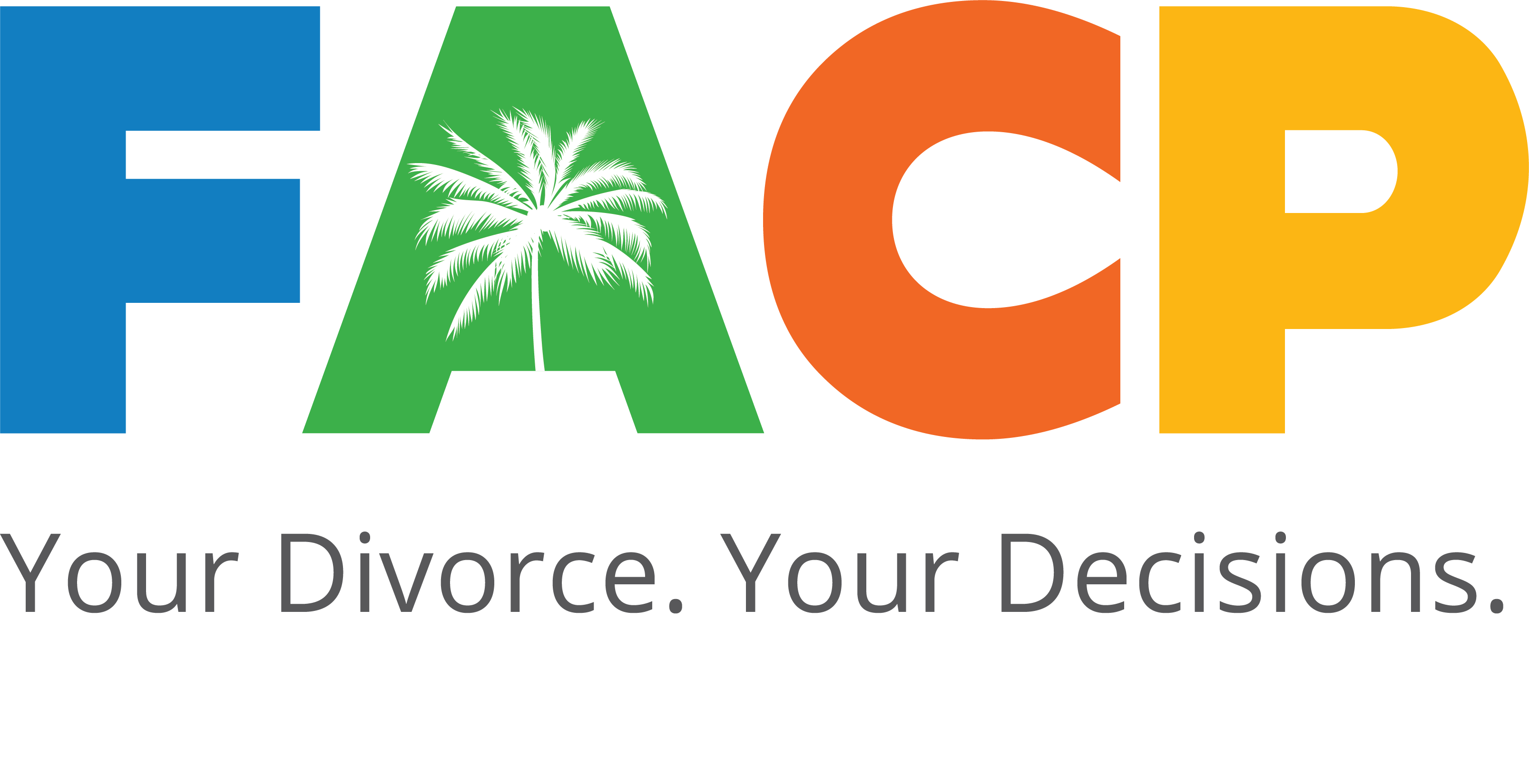Building personal relationships is essential to a growing the collaborative movement. No collaborative community can exist without a network of professionals who believe in the Collaborative Process and feel motivated to engage in it. So how do we grow such a community? The answer lies in personal connections with other professionals.
As a founder and leader of a local collaborative practice group, I have been tasked with building our membership by creating a network of professionals committed to the Collaborative Process. In the course of the almost two years since our group was founded, our membership has grown from our core group of five to almost thirty professionals. While it has at times seemed like a daunting task, the key to our success has been quite simple and effective. We target professionals who we believe are a good fit for the collaborative process, and we take them to lunch. Yes, it really is that simple.
I believe this tactic has been successful for several reasons. First, the connections we make in a personal encounter are crucial to building professional relationships. Every time I take a new professional to lunch, I am reminded that there is no replacement for the power of personal connection. The excitement of connecting with someone over a good, old-fashioned conversation is something you just don’t get with an email or even a phone call. As we move from a faceless email (that can so easily be ignored and deleted), to a phone call, to a video chat, to a face-to-face meeting, we increase the level of conversational intimacy. The greater the conversational intimacy, the stronger the connection we build.
When was the last time you engaged in an email exchange and learned something unique about the other person? Probably never. Compare that to the experience of going to lunch with another professional. Sharing a meal with someone inevitably leads to a level of personal conversation that just doesn’t happen in an email or even a phone call. While you’re waiting for the server to bring your menus or take your drink order, you’re most likely making chit chat that invariably leads to nuggets of personal information that help build connections. Maybe you find out that your kids go to the same school, you both went to the same college for undergrad, or both your families vacation in Colorado every summer. This builds a personal connection that is crucial for working together and eventually collaborating together. It also makes each of you more memorable and likable to the other.
But there’s another component to these lunches. Effective leaders are skilled at getting other people to work with them and for them in the accomplishment of their objectives. My objective with these lunches is to get other professionals interested enough in the Collaborative Process that they are willing to get trained in the process and join our local practice group. My end goal is a thriving collaborative community. To successfully accomplish this objective, I have to persuade people, and the key to persuasion is motivation.
We are all motivated by something. The conversational intimacy that we create while lunching with a colleague allows us to explore individual motivations. What does this person value in life and in business? Does she want more money? Less stress? Better outcomes for clients? Better work/life balance? Knowing what motivates my lunch partner allows me to share all the wonderful ways that the Collaborative Process can help her achieve these goals.
Finally, there is something about being personally identified by another professional that resonates with us. We all like to feel flattered, and isn’t it gratifying when another professional personally targets you because of your reputation or success in your field? That’s why I always share the why behind the invitation to lunch. We want the best professionals in our collaborative community, so whether it’s an attorney, a mental health professional, or a financial professional, I make sure to convey something specific about why I’ve chosen them.
Whether you’re starting a new collaborative practice group or growing an existing collaborative community, try the power of personal connection. Take someone to lunch. Not only is it more enjoyable than writing an email, it really works.






